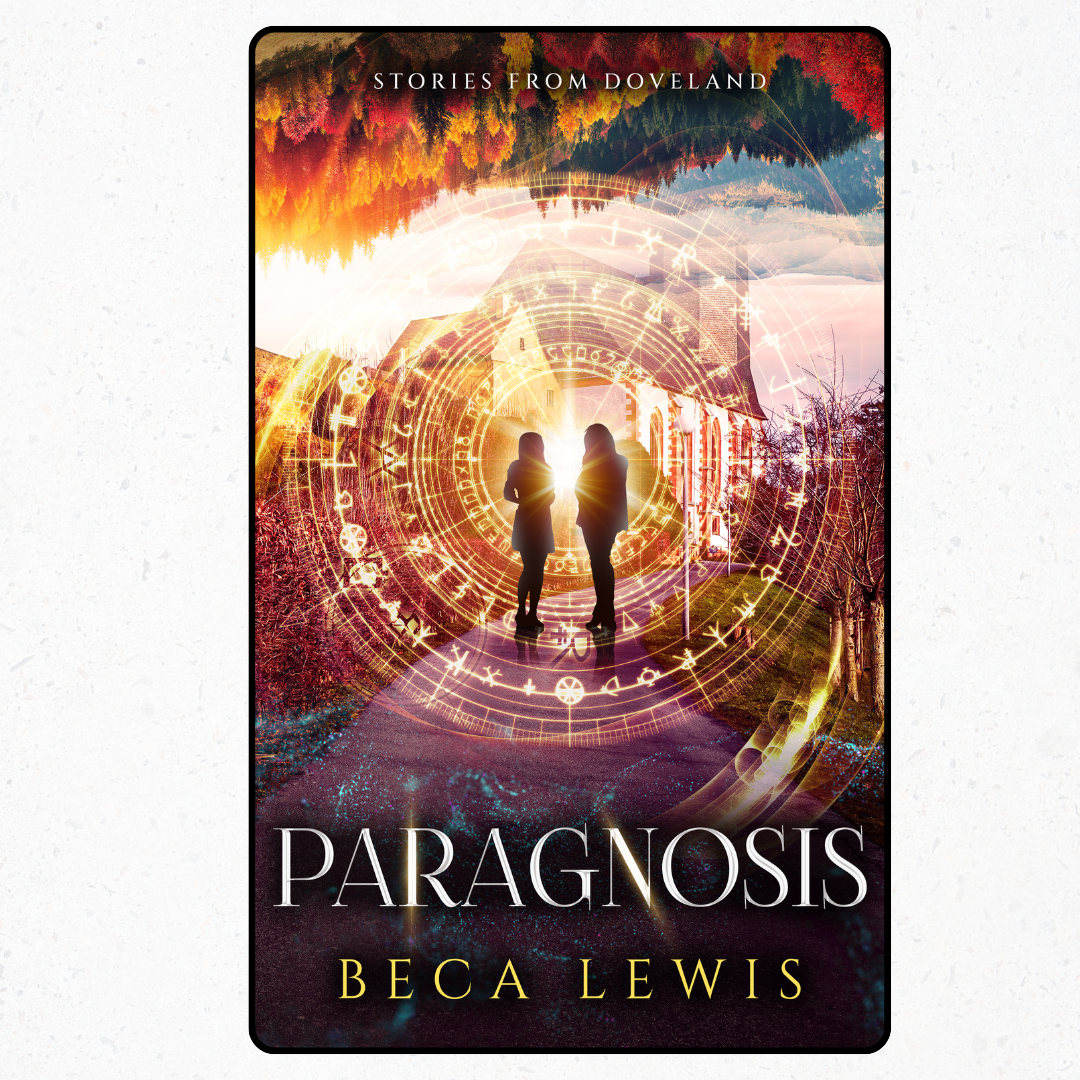
Frequently asked questions
As soon as your order is confirmed you will receive an email from BookFunnel with a link to your audiobook(s). It should arrive at almost the same time as your confirmation email from this store.
If you haven’t received your email containing your audiobooks within ten minutes, please check your spam folder.
- Install the BookFunnel app on your Android, iOS, or Amazon Fire device.
- When you complete your order, you will receive an email from Bookfunnel titled "Here's <audiobook> by Beca Lewis". In this email will be a link to download the bookfunnel app, and simple instructions on how to add your new audiobook to your app.
- Open the app and tap Start Listening!
You can also listen in your browser for select titles from your BookFunnel Library.
What do I do if I need help?
The friendly folk at BookFunnel are extremely helpful and a link to get support will be in your email along with your audiobook(s).
The Stories From Doveland Series is a series of stand-alone novels, but they do follow an order:
- Karass
- Pragma
- Jatismar
- Stemma
- Exousia
- Paragnosis
- In-Between
- Missing
- Out Of Nowhere
You can contact me through our contact page! I am looking forward to hearing from you.
Pragma is like fine mystery with a love story interwoven between the players. I truly cared about the characters she has created, hoping for things to work out for everyone involved. The storyline had me on the edge of my seat the whole time.
Beca Lewis does a wonderful job creating a world that feels inviting and familiar, full of delightful and well-developed characters, and yet which at the same time reveals a level of mystery, below the serene surface. These are a group of freedom fighters, coming together by divine destiny to continue to battle the forces of evil with their own special skills, metaphysical powers having their origin in Love.
What I love about this series is that it can be read on so many different thought planes. A very easy, enjoyable read on the surface, with characters that you develop a relationship with, a love story, mystery, and intrigue. And then on a deeper level, spirituality, seeing through the material and physical senses to the true harmonious nature of being.
I loved being on the edge of my seat! Lots of interesting paranormal events. A great read.
I do believe this is the first time I've read a book with this perspective. Yes, we've all read about second chances, but this was unique for me! Loved every page!
Also in the Doveland series
Stories From Doveland is a series of standalone books about hidden mysteries, magical abilities, other dimensions, and the power of love.
A captivating blend of paranormal abilities, multidimensional adventures, reincarnated lives, ruthless assassins, and the warmth of a close-knit community. This series by Beca Lewis invites you to indulge in a tale that is as much about exploring the potentials of supernatural powers as it is about battling ominous villains and savoring satisfying conclusions.
If you're captivated by mystifying enigmas, enthralled by the possibility of paranormal abilities, drawn to malevolent adversaries, and warmed by uplifting endings, this series will swiftly find its place in your heart.
The Stories From Doveland Series is a series of stand-alone novels, but they do follow an order:
Karass - Pragma - Jatismar - Stemma - Exousia - Paragnosis - In-Between - Missing - Out Of Nowhere


About The Author
BECA LEWIS thinks the world is not what it looks like, so she spends her time looking for what isn’t always visible. Addicted to reading from childhood, she thought that the worlds she read about were real. Now she asks, who says they are not?
Beca writes and coaches on shifting the story from her home in Ohio, where she lives with her husband and bunches of birds, trees, flowers, and squirrels.
She says they know more than she does about what is real, and what is not.







